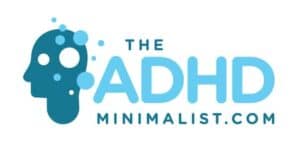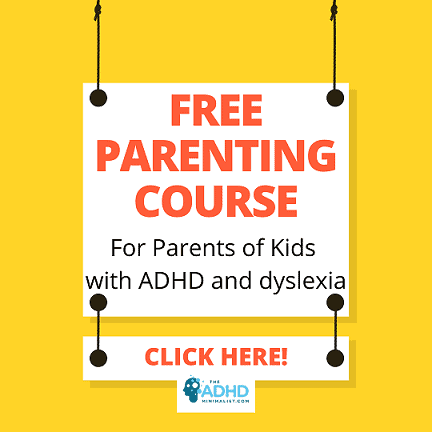
My husband and I are raising three kids Lage (13), Maria (10), and Frida (5) two of which have ADHD/ADD and Dyslexia diagnoses.
Sometimes I feel like I am on an emotional roller coaster as I try to figure out the best ways to help my kids with friends, school, and life in general.
This article is about the things I wish I’d known before we embarked on our journey of assessments and medications.
I would have done some things differently if I had known then what I do now!
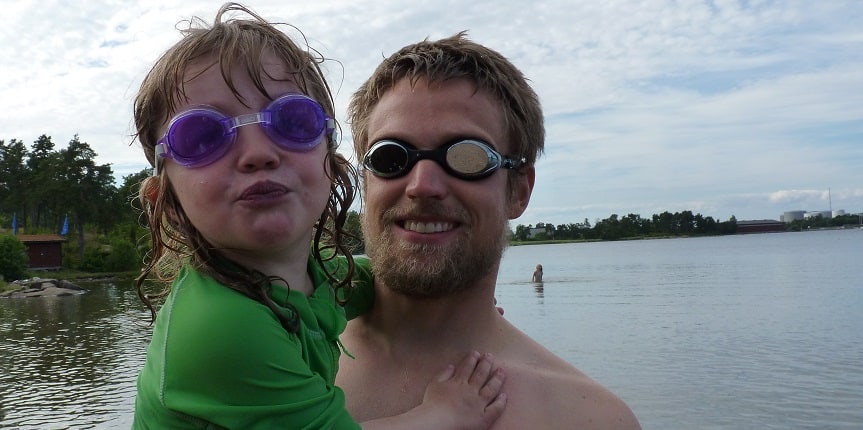
You know your child best. Don’t be afraid to go with your gut feeling.
When my son was five and still in daycare he had trouble cooperating with other kids and following instructions.
It was impossible for him to get his snowsuit on when everyone was getting dressed at the same time or sit quietly for storytime.
He would get overwhelmed by the noise at daycare and hide under the couches. There he would lay driving a truck back and forth, back and forth, back and forth.
The daycare personnel described him as ‘being in his own bubble’ and ‘having tunnel vision’.
I repeatedly asked the daycare staff if they thought I should get him assessed for ADHD or Autism, but I only got wishy-washy answers.
I should have gone with my gut feeling and started screening him instead of waiting as the daycare staff told me to.

Don’t let Doctors, Nurses, and psychologists walk all over you!
They may be experts in their field, but you are the expert on your child.
The first time we took Lage in for screening we got halfway through the process (many meetings with Lage and healthcare professionals) when the psychologist responsible for his screening got sick.
She called and changed the dates for the rest of the screening process. Our screening got pushed back several times.
She unfortunately never got well, and my son’s screening fell through the cracks.
After the second time, they changed our appointment I should have immediately insisted that his screening be given to another psychologist.
When I realized that they must have forgotten us at the clinic it was almost time for him to start kindergarten.
I decided to wait and see what his teachers thought before I insisted on finishing his assessment.
We ended up starting the assessment all over again when he was in first grade! The teachers insisted that we try screening again because things were not working for him in the classroom.
We would have saved lots of time and frustration if I had insisted on getting his screening done as soon as possible. Not to mention he would have gotten extra help at school from the beginning.
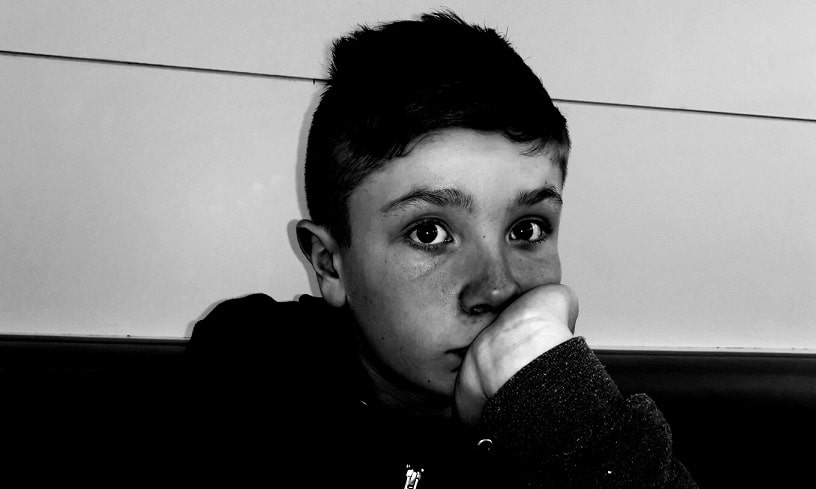
Have no tolerance for Doctors talking negatively about your child when your child is in the room.
This happened to me on several occasions when my son was being assessed. Friends of mine have had the same problem.
You would think that doctors and psychologists would be more sensitive to the feelings of children.
The doctors asked me numerous questions about the mental and physical health of my son while Lage was sitting on the couch right next to me!
He even wanted to know if Lage broke expensive things at home and disrupted the family!
This made me extremely uncomfortable. I danced around several questions not giving a real answer.
I didn’t even tell the doctor how bad things actually were at home!
This was one of those times when I felt completely helpless as a parent. My son refused to sit out in the hall with his iPad while I talked to the doctor.

”I wanted to tell the doctor important things like I thought my son had been depressed and that he often talked about hurting himself.
At the same time, I didn’t want to remind my son about his negative feelings or the fact that he was talking about jumping in front of a train!
Why couldn’t the Doctor wait to talk until my son was out of the room?”
I called the doctor’s office a few weeks later thinking it would be good to get some of these problems in the doctor’s report.
Unfortunately, the doctor we met with had just moved across the country!
When we started screening my daughter for ADD a couple of years later (Attention Deficit Hyperactivity Disorder-inattentive) I came prepared.
I forced my husband to take off work and come with us to several of the appointments.
I wanted to make sure that one of us could leave the room with my daughter while we talked to the psychologist about things she shouldn’t hear.
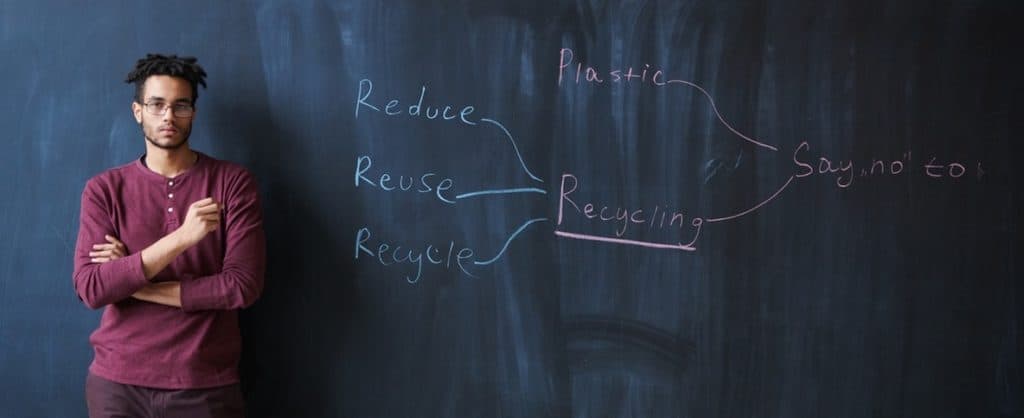
Listen to your child’s teacher when they first notice a problem.
When my daughter’s teacher first noticed that Maria was not able to follow the instructions given in front of the whole class, I was not entirely convinced that she actually had a learning problem.
I struggled in school and I recognized some of her problems as ones I eventually grew out of.
My response to her teacher was, ‘We should give her six months to catch up with her class before we start an assessment. Waiting turned out to be the wrong choice.
My daughter continued to struggle in school, and during the next six months while we were waiting It suddenly became extremely popular for parents to screen their children.
When I called to make an appointment there was an extensive waiting list!
If you think this could be the case, sign your child up for screening immediately! You can always cancel the appointments if your teachers think your child made enough progress to skip the assessment.

Worrying about the negative long term effects of having a diagnosis can wait until your child is grown!
My husband was extremely worried, that if our son had a diagnosis it would hinder him from getting a real job.
I was at home with the kids part-time and saw firsthand how Lage functioned with his siblings and friends as well as how hard it was to do homework.
I was more worried about how he was going to make it through school and keep his friends than about things 15 years in the future.
But, our son’s future was a real concern for my husband. One that we talked through on numerous occasions.
I had to explain in detail what our afternoons were like at home for him to realize it was necessary to go ahead and check if Lage needed a diagnosis.
I didn’t worry so much about higher education and jobs for my son because it seemed obvious to me that Lage would pick schooling, apprenticeship, and careers that suited him.
He has talked about being everything from being an excavator operator to a cook over the years, and I think there are plenty of jobs that are well suited for those who have ADHD.
In fact some companies think of ADHD as an asset, not a hindrance to getting a job.

Some professional advice about how to broach the subject of a diagnosis with family and friends would have been helpful for me.
By the time our son was given a diagnosis, we had been trying to smooth things over with family and friends for years.
When he received his diagnosis we told only our family and closest friends. We asked them to keep it secret. We needed some time to break the news to our son before word of his diagnosis started floating around the neighborhood.
We didn’t tell Lage he had ADHD right away. We started bringing up the subject without calling it ADHD.
We would talk about how he had trouble concentrating and getting along with friends and how we needed to work on that.
We explained that we had gone to the doctor to see if they could help him with some of these problems, and we always balanced the negatives with positives. We called the things he was good at his Super Powers.
This is how we eased into telling him he had ADHD.
We continued to reinforce his positive traits and answer his questions over the next few months.
We would talk with him about suggestions from the doctors for helping him get along with friends and concentrate better in school and ask what he thought about them.
In the end, it seemed very natural to tell him that he had an ADHD diagnosis, and he took it very well.
We tried to ease into talking about ADHD with others as well. The problem with prolonging this, was when we finally told our extended family and more friends not everyone wanted to believe us!
My suggestion is, to be honest with friends and family from the beginning, but if you don’t want your child to hear it from someone else, be careful who you tell and how you tell them.
As soon as you’re seriously thinking about screening your child, start talking to close friends and family. Ask for their advice and let them tell you how they see your child. They may have a completely different idea of what your child needs to work on.
The point is to open the topic for discussion, so it doesn’t come as a shock later. Just make sure that you discuss things out of your child’s earshot.
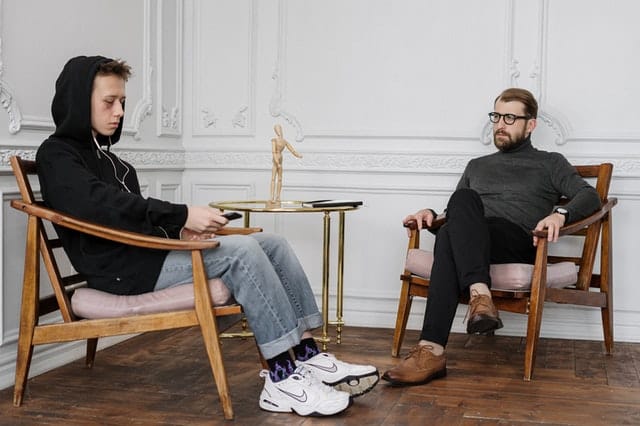
If you need some encouragement for you and your child check out these blog posts.
18 positive traits of ADD (ADHD inattentive) https://theadhdminimalist.com/18-positive-traits-of-add-adhd-inattentive/
14 positive traits of ADHD (predominantly hyper) https://theadhdminimalist.com/eleven-positive-traits-of-adhd-that-i-see-everyday/
16 positive traits of Dyslexia https://theadhdminimalist.com/16-positive-traits-of-dyslexia-that-i-see-every-day/
21 ways to care for yourself while caring for others. https://theadhdminimalist.com/20-ways-to-take-care-of-yourself-while-caring-for-others/
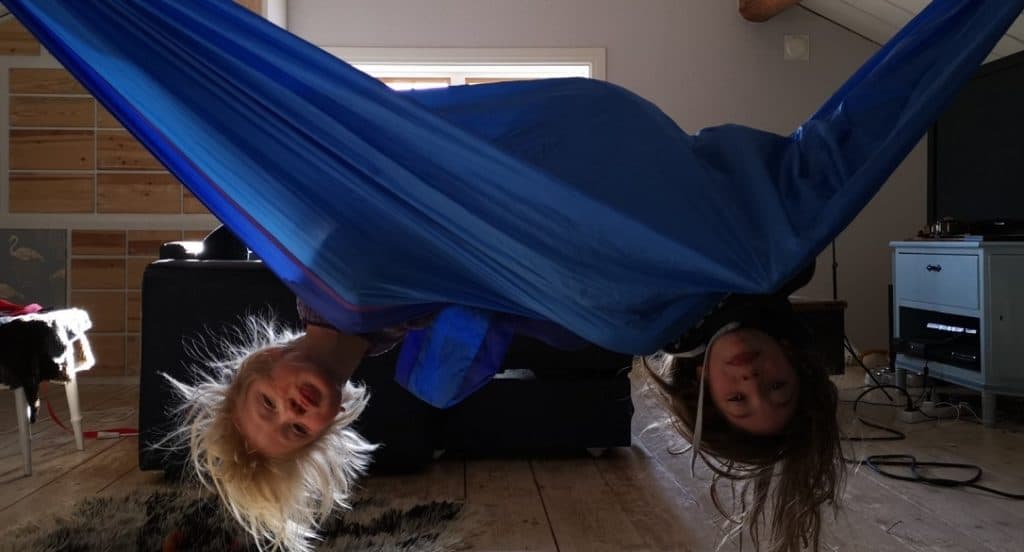
I wish someone would have told me not to give up when my children’s friendships became extremely difficult.
Things were easy breezy with my children’s friends until my daughter was in second grade and my son was in fourth. Suddenly my daughter’s ADD began to throw her a curveball.
The other kids in her class started having small intrigues, and she couldn’t understand what all the fuss was about.
She had a hard time communicating with her friends which resulted in many tears when they didn’t understand her. This just made her friends think she was even more ‘different’ than they were.
At the same time, my son hit puberty early and was having panic attacks. I never knew what mood he would be in.
Whenever my oldest two children had friends over at the same time they all wanted to play together. But the four of them couldn’t decide what or how to play and they seemed to have arguments all day long.
When they weren’t arguing they were screeching and making huge messes in the living room. Often Maria got left out and cried a torrent of tears!
I should have tried to ‘Keep Calm’ and let the kids work out most of their problems, but I couldn’t hack all the arguing and crying.
Having a baby to care for in the midst of the chaos didn’t make things any easier. Out of desperation, I decided we would take a break from having friends over for a while.
We did sometimes have a kid exchange and take turns having one friend over while one child went to a friend’s house.
But, unfortunately, some of the friendships my son had were never quite the same after we ‘Hit the pause button and stopped actively pursuing the relationships for a time.
ADHD, ADD, Dyslexic, and Autistic kids NEED help with their friendships!
Looking back I wish I would have had ‘Is i magen or ‘Ice in your belly’ As the swedes say and just waited out that period of rocky relationships.

It was really scary giving my children ADHD/ADD Medicine, but it made a huge difference in their ability to concentrate on schoolwork.
We tried natural supplements first. One supplement we tried was Protandim.
”Protandim is the only dietary supplement that has been clinically proven to reduce oxidative stress in the body’s cells” A quote from ifocus.
This helped for a while, but when his homework got harder in the 4th grade it wasn’t enough. He still takes Protandim periodically.
I do feel that my children benefited from it. I tried Protandim myself for a year and honestly never felt better, but it wasn’t until I had been taking Protandim for a couple of months that I noticed any difference.
You have to think of it as a long-term investment. Jacquelyn Sheppard mentions Protandim in her book ‘Silent Takeover’ It’s well worth reading if you or your child have ADHD/ADD.
https://theadhdminimalist.com/our-favourite-resources/
When Lage started self-medicating with sugar and couldn’t manage the increasing load of homework, I felt it was time to try actual medication.

When he was nine we tried Ritalin. This helped him during school, but he felt the need to watch an hour of TV when he got home before transitioning to other activities.
I tried having him do other things immediately after school, but it always resulted in extreme outbursts.
We finally came to a compromise and he got to watch non-animated shows like The Treehouse Masters directly after school.
I didn’t want him watching what I call ADHD TV every day. (ADHD TV= Cartoons that flash images and change scenes so often that it could cause attention problems for a ‘Normal’ kid!)
Over time the suddenness of Ritalin leaving the body caused more extreme behavioral problems.
My guess is, this was due to the fact that my son hit puberty early. Switching medication was a must at this point.
We used Elvanse for approximately nine months, but after only six months Lage started complaining that he didn’t feel like himself anymore.
We called the doctor who thought he had either too low or too high a dose, but nothing made him feel better.
The doctor’s inability to understand that Lage didn’t want to take Elvanse anymore made my son increasingly frustrated!
In the end, we switched to Atomoxetine Accord which builds up in your system over time and has long-term calming effects. This eliminated the ups and downs caused by medications leaving the body.
We have only tested this for three months, but so far Lage seems to like this much better. It feels like we finally found a medicine that will work long-term.
Your child may have a completely different experience with medications. Everyone is different. Don’t give up if the first medicine you try doesn’t work.

Doctors do not always know what medicine is best for your child. Listen closely to your son or daughter when they explain how medicine makes them feel.

Remember you are the expert on your own child.
Every time Lage started complaining about how his medication was affecting him, I felt like I was walking a tightrope stretched in three different directions.
I was walking a fine line trying to keep Lage, his teachers, and the doctors all happy!
As soon as he claimed he didn’t feel like himself anymore, we called his doctor. We would explain how our son was feeling and ask if we could change medication.
Usually, the doctor would try adjusting the amount of medication he was taking before prescribing anything new.
They would prescribe more first and when that didn’t work they would try prescribing less!
Lage felt like he was on a rollercoaster and this made him more determined than ever to change medication!
Finally out of extreme frustration he refused to take the medication! At this point, the school started calling because he talked too much in class and did not get any schoolwork done!
As they say, hindsight is 20/20 I should have called the doctor and insisted that we change the medication sooner! It’s easy to just go along with what the doctor says. Don’t forget you’re the expert on your own child.
It’s our responsibility as parents to relay the information we glean from observing and listening to our children, to doctors and health care professionals.
When your child has trouble expressing himself and formulating his feelings this becomes even more important. You are your child’s best advocate!

If you would like to read more about this topic check out the links below.
https://theadhdminimalist.com/how-to-cope-with-a-childs-diagnosis-minimalism-can-help/
https://theadhdminimalist.com/how-to-use-reward-charts-effectively-for-homework/
For more on Protandim check out these links
https://www.ncbi.nlm.nih.gov/pubmed/22020111 (Source in English)
https://alternativbehandlingar.ifokus.se/discussions/52e12459ce12c44598002cfc-protandim-en-unik-halsoprodukt (Source in Swedish)
Or check out Jacquelyn Sheppard’s book ‘Silent Takeover’ She shares what she learned from 50 years as a school counselor.
https://theadhdminimalist.com/our-favourite-resources/
If you have questions or comments please email me at babysnail2002@yahoo.com
Copyright Annie Eklöv
